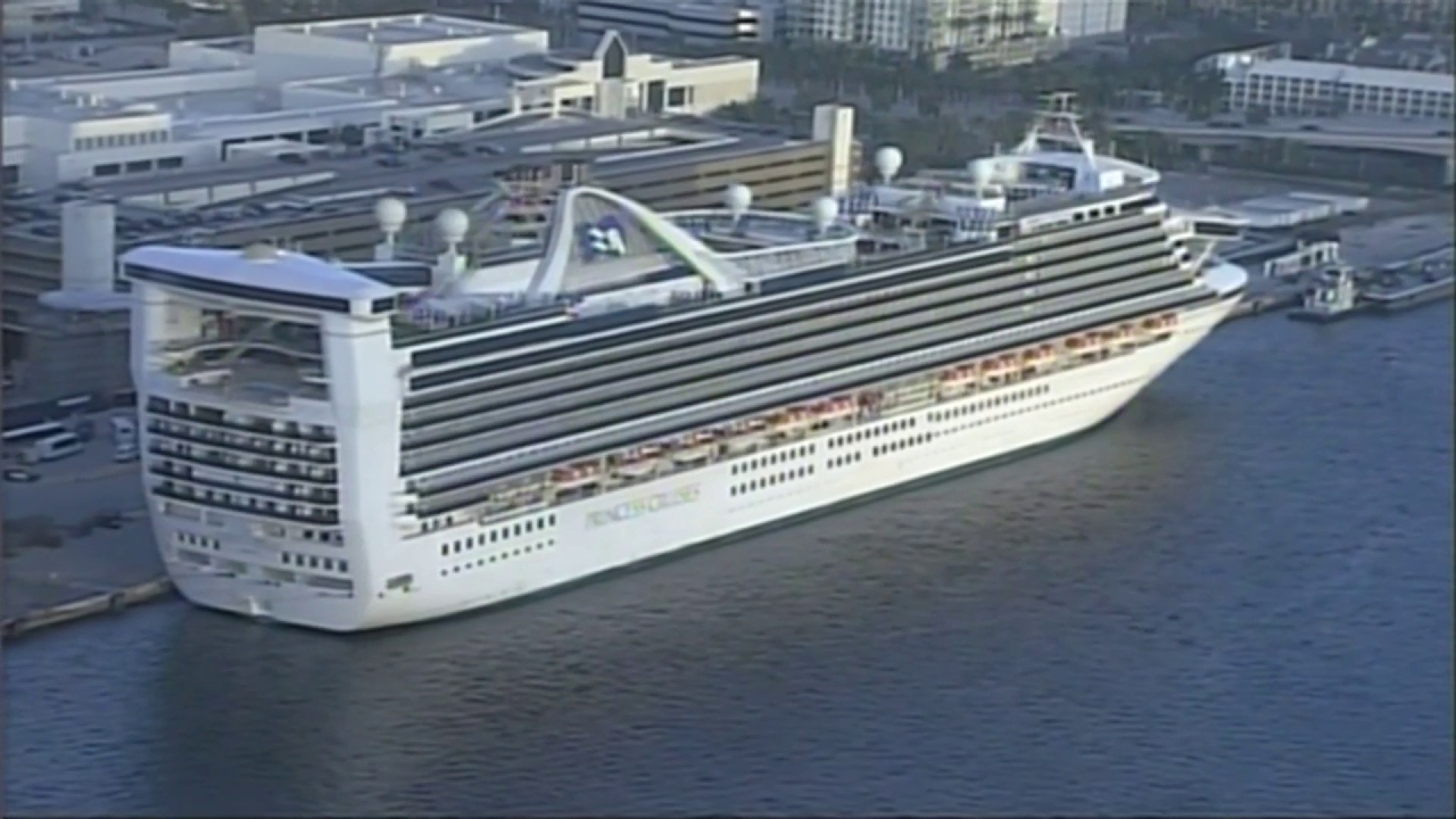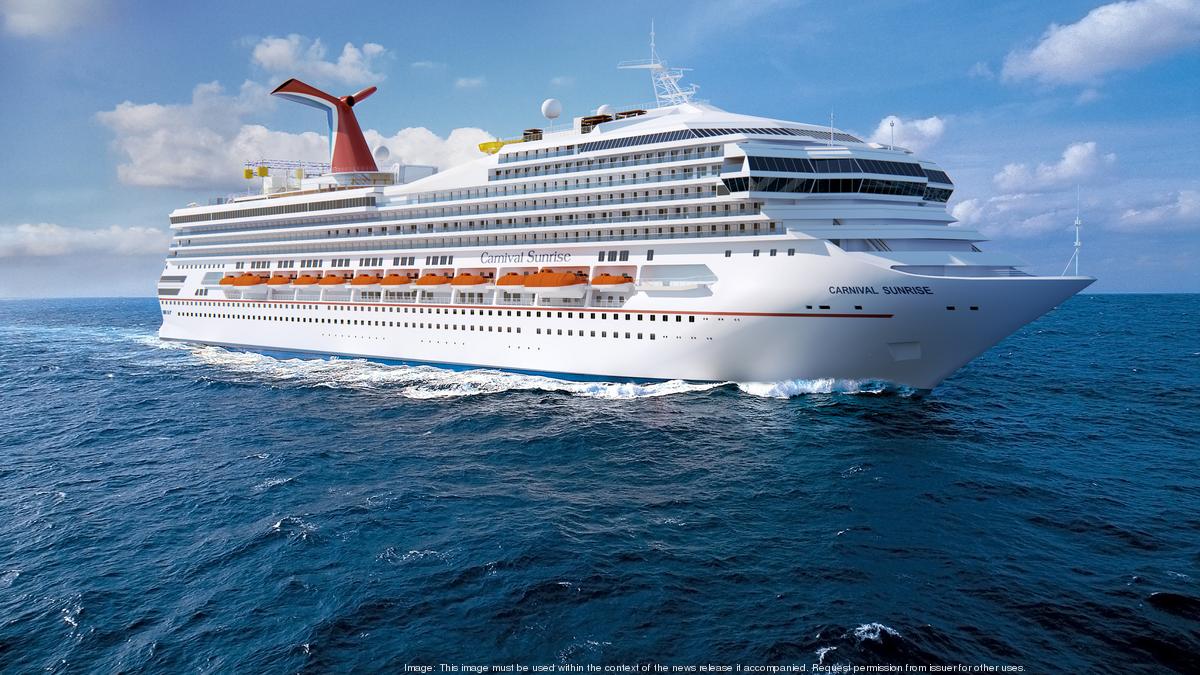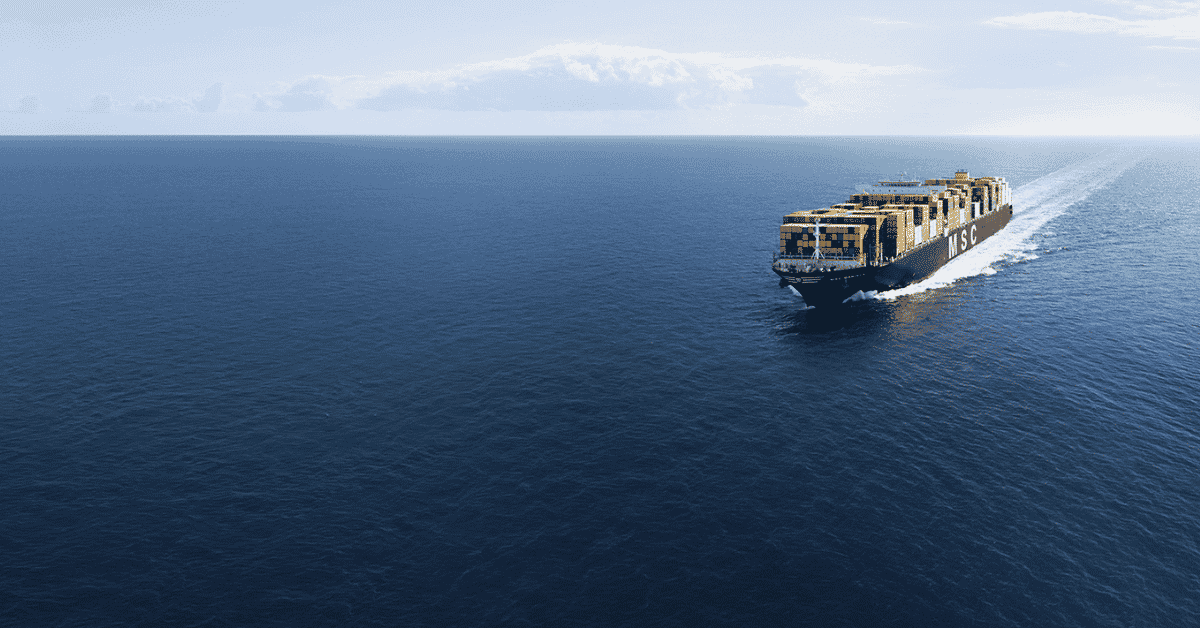
There are many cruise ship illnesses. These include Norovirus, seasickness and food poisoning. Learn more about illnesses that can be contracted on cruise ships. Consider a cruise if any of these conditions are new to you. You can also learn about Legionnaires’ Disease and Food Poisoning on Cruise Ships. These are some of the most common diseases on cruise ships. They all cause different symptoms.
Norovirus
After a seven-day journey, Royal Caribbean passengers and crew returned to their homes following the norovirus outbreak. The ship returned from Florida with 1,991 sick passengers and crew members. The CDC estimates that the virus affects between 19 million and 21,000,000 people in the US each year. However, the exact number of affected passengers is not known.
Researchers estimated that approximately 2.3 percent of passengers would contract norovirus infection within eight hours. However, in reality, the rate of norovirus infection is much lower, at less than 5%. In fact, in 2002, seventy-four passengers and two crew members were infected with acute gastroenteritis. These data indicate that this strain likely originated in Sydney. These findings raise questions regarding the effectiveness of simulations.

Food poisoning
A recent outbreak is known as "food poisoning", which is a gastrointestinal illness that has struck a number of cruise ships. After more than 250 people became ill from the outbreak, the Oasis, a Royal Caribbean cruise ship will be unable to continue its journey. In an official statement, the company stated that this outbreak had occurred on their ships. Important to remember that the CDC is still investigating the Oasis outbreak and is not attempting to provide a complete analysis.
The symptoms of food poisoning aboard cruise ships can vary from person-to-person and may be accompanied with fever and vomiting. Even though food poisoning is potentially fatal, symptoms can be similar to other forms of illness. People who get sick from contaminated foods and water may experience nausea, diarrhea, and fever, as well as dehydration and bloody urine. You may also get foodborne disease from bacteria, viruses, or parasites. These can lead to dehydration, infection, death, or even death.
Legionnaires' disease
Although there have been cases on cruise ships of legionnaires disease, victims are rarely able to identify the cause. One case, which was reported in 1995 from a cruiseship, involved a 67 years old man with a history and heart disease. Legionella pneumophila was detected in both the patient's sputum as well as the ship's water supply. The infection was confirmed through monoclonal antibody subtyping and genome fingerprinting. The CDC sets safety standards to ensure that swimming pools are not used on cruise ships. Failure to drain the pools on cruise ships can lead to increased incidences of legionnaires disease.
Even large cruise ships are at risk of outbreaks. Even though cruise ships often invest in the best, most extravagant, and most well-designed vessels, many are old and have ageing water systems. Ships that are infected could face legal action from those who were affected. It could cause serious reputational damage to the owners. It is important to maintain clean water systems, regardless of their size.

Seasickness
There are many treatment options available to combat seasickness. However, not all remedies are suitable for everyone. If you have experienced seasickness before, you might be familiar with the best method to help you. However, if you don't know the best remedy for your specific condition, you can try different methods to see if it works. Some people swear that seasickness spreads easily.
You can avoid feeling seasick when on cruise ships. Choose a cabin either on the lower deck or the middle of the ship. These areas experience less swaying and movement than other parts of the ship. You might prefer a midship room with a balcony. If you have a tendency to get seasick easily, you may want to consider a cabin located closer to the back, or on a lower deck.
FAQ
Cruise vacations are popular.
People who don't want long flights or delays but still want to enjoy a memorable vacation have found that cruises are increasingly popular. You can also relax in a serene environment where you don't have to worry about your schedule or any other aspects of daily life.
Cruise ships also make it easy for travelers to visit different destinations on land and at sea. This gives travelers plenty of time for all the attractions and sights that are available in each location.
Are there any other things I need to know before I go on a cruise?
Before you take your first cruise, you need to know a lot of things. First of all, remember that you will be traveling with other people. You never know what they think about things so don't be too critical. Be aware that you will likely be eating with strangers. It is important to dress appropriately. Don't wear shorts, tank tops, or slacks on deck. Wear comfortable clothes that won't get dirty. Prepare for extreme temperatures. Pack plenty of sunscreens. Bring a hat, sunglasses, and a light jacket just in case you have to spend some time outside. Don't forget to take responsibility for your safety. Don't drink & drive!
Book my cruise after or before I book my airfare.
It depends on which part of the world you are traveling to. It's better to book your cruise earlier than later because you have more flexibility on dates. For example, if you know you will be going to Europe during the summer months, you could plan a cruise around those dates. For those who are planning to go to South America or Asia, it might be a better idea to book your cruise after high season to avoid high prices.
Is food available on a cruise or not?
The answer to that question is yes All cruises come with free food. However, you must purchase drinks to enjoy them.
The type of ship you sail on will affect the cost. If you are cruising on a luxury liners, expect to pay $20-30 per person for every drink. The cost for a small vessel will likely be lower at $10-15 per individual.
Do I need to tip my Cruise Director?
This is dependent on the cruise line. Some cruise directors receive tips while others don't. You can ask the Cruise Director on board to find out whether they require tips. They will usually tell you if they expect tips.
Is there an all-inclusive cruise?
They do not include meals for guests with restricted diets. They do not offer room service, laundry or other amenities, such as spas, gyms, and pools.
Some cruise lines offer "all-inclusive", which covers everything but alcohol. These packages usually include airfare, hotel accommodations, entertainment, and beverages.
Are cruise ships safe?
Yes, cruise ships offer safe travel. The majority of cruise ships are outfitted with the most advanced technology and security systems. All cruise ships adhere to strict safety standards. All crew members undergo extensive training and are required to pass background checks. All passengers are checked upon their arrival onboard the ship. Some cruise lines require passengers with certain diseases to present proof of their vaccinations. Contact the customer service department of your cruise line immediately if you have any concerns about your safety onboard.
Statistics
- In addition, 10 to 15 percent gratuity is typically added to bar bills — for alcohol and soft drinks — and gratuities are applied to spa treatments. (cruiseline.com)
- If you're traveling alone, you may also need to factor in a single supplement, adding up to as much as 100% of the cruise fare. (travel.usnews.com)
- You'll need to budget around $80 per person per day for this option – and an additional 18% gratuity. (travel.usnews.com)
- You can save 15% off the total price if you book in advance of your trip. (travel.usnews.com)
External Links
How To
How to be safe on a cruise ship
Before embarking on your cruise ship journey, there are many important things you should know. To avoid getting into trouble, you must know how to behave onboard. These safety tips will make your trip more enjoyable.
-
At all times, be aware of your surroundings. On board a cruise ship, people tend to congregate together, especially during meals. You're often surrounded by people who are eager to talk and eat. It can be easy to get distracted. This shouldn't distract you from the work you are supposed to do. If you notice someone engaging in dangerous behavior, such as smoking, or drinking alcohol, politely tell them to stop.
-
Your room key should always be with you on board the ship. They'll be able to find you quickly if you need it. Your passport is also important.
-
Keep valuables out-of-reach Most cabins are equipped with drawers beneath the bed. It's a great spot to store money, passports, and credit cards. Also, make sure nothing valuable is visible in plain view. Keep your bags hidden in the closet.
-
Hydrate. Although cruise ships offer plenty of water, it can be difficult to remember to drink enough. Get bottled water for free on the ship. Avoid becoming dehydrated. Dehydration can cause fatigue and make it difficult to concentrate, leading to arguments or even accidents.
-
Pay attention to the announcements. Announcements can be found everywhere including on television screens and on public address systems. They include safety procedures and emergency exits as well as weather reports. These announcements need to be taken seriously. They might save your life!
-
Lock your cabin door before you leave it. Never leave your cabin unlocked, no matter how friendly a crew member seems. Thieves can often get in through unlocked doors. Ask a crew member first if you need to use the bathroom.
-
Avoid going alone overboard. If you fall overboard, it takes time for the ship's crew to rescue you. Your body may be attracted by sharks and other sea creatures. You should wait until help arrives.
-
You should not smoke in an elevator. These elevators are pressured, which means smoke can quickly build up. You should immediately get off if you feel dizzy, lightheaded or confused. Even though the air outside is fresh, it doesn't mean breathing is safe.
-
Be familiar with the evacuation procedures. Every year, many people die in elevators. Follow the screen instructions in case of an emergency.
-
Be familiar with the fire drill. Fire drills are usually conducted once per day. Everyone on deck must evacuate during a drill. Follow the instructions given by crew members. When the drill is finished, return to the cabin and lock your door.
-
Before accepting food or drinks, ask questions. Cruisers can get food poisoning. Many people are unaware that certain foods cannot be eaten aboard ships. For example, raw oysters are forbidden aboard most cruise ships. If you're not sure whether the food being served is safe, you can politely decline it and opt for another meal.
-
You should be cautious when swimming in the pool. There have been many cases of passengers falling into the pools accidentally. It is possible to slip and fall into the pool without being noticed. You may also slip and fall on the deck. Wearing proper footwear is a must and paying attention to the surroundings are important.